What Does HR Do? Debunking Myths & Redefining the Role with Empuls
What does HR do beyond hiring? Discover the truth behind HR myths and how Empuls helps HR pros create connected, motivated, and purpose-driven teams.
On this page
The future of work may be changing, but human connections are here to stay. Whether we are working from the office, home, or Mars, you’ll still need to wave that magic wand so your rockstar ninjas and superstar samurais don’t just come to the water but drink from it too. If you’ve ever asked yourself what does HR do?
The answer lies in exactly that—making people want to show up, thrive, and grow. If there’s one ‘Resource’ with the power to make that happen, it’s ‘HR.’
Some say economics will never be an exact science (the same guys who frown when someone says, “I’m a B.Sc in Eco”) because it deals with the inscrutability and unpredictability of human nature.
The same applies to HR. This is why no praise is enough for this intellectual tribe that has consistently recorded the laws of nature and turned the art of human mobilization into a science (well, almost). And vice versa.
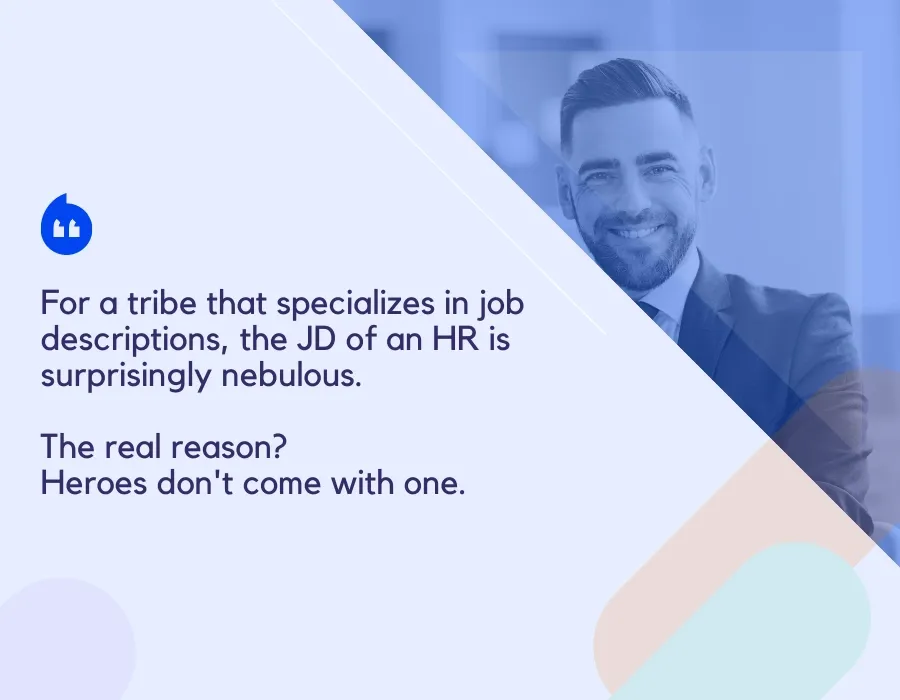
What does HR do: Debunking the myths
Real-life heroes don’t come with JDs and KRAs. They make them up as they go, which makes busting the many HR myths associated with their job both fun and urgent. Let’s unveil them.
HR myth #1
- What people think HR does: Raise tickets
- What does HR do: Raise the game
Case in point: When it comes to ensuring that workers’ grievance finds a presence of prestige in the decision-making process, the HR department at FedEx Corporation—much like the brand itself—delivers ahead of expectation.
The company’s philosophy of People-Service-Profit, conceived sometime in the 1970s, continues to ring strong in the 21st century. Every year, the HR team conducts an incisive survey and feedback action program that mines valuable feedback for the management to review and pivot culture frameworks around.
And those forms that everyone fills up? Well, they go to serve a pretty lofty goal: Building a workplace that reflects the true passions of the community and empowers the unspoken aspirations of the good folks at FedEx.
HR myth #2
- What people think HR does: Construct (fire) walls and (glass) ceilings
- What does HR do: Construct (second) homes
Case in point: The Cadbury brothers (yes, the people behind the yumminess) were pioneers in industrial relations and employee welfare. In the late 1870s, with business booming, they took the jaw-droppingly radical decision to shift a slice of their operations to the countryside.
This was long before Zoho’s rural revolution and was based on the conviction that if pristine nature and organic food were good enough to live and play in, it was good enough to work out.
Legacy books of HR were swiftly re-written. From swimming programs to heated dressing rooms to separate gardens for women and men (all unheard of at the time), Cadbury’s Bournville Village—today a thriving modern community—was not only a true trendsetter but also remains an inspiration for Human-first HR leaders to recreate the allure of ‘home’ at work.
HR myth #3
- What people think HR does: Play mind games
- What does HR do: Build playgrounds for the mind
Case in point: The HR minds at Quicken Loans, an organization that ranks amongst the Top 5 Best Places to Work by Fortune Magazine, painstakingly de-weeds shackles and red-tape from workflows to create a culture of unfettered collaboration and creativity, something that encourages employees to take leaps of faith without fear of failure.
The company believes that when people have a psychological buffer to fall back on, they can rise to spectacular heights and do great things. At DreamWorks Animation, on the other hand, employees are encouraged to show off their hobbies, artworks, or personal projects (that have some connection with company work) in broad daylight. Such public recognition of ability does far more to pump up worker morale than any bonus can.
HR myth #4
- What people think HR does: Rein us in
- What does HR do: Help us reign
Case in point: Hyatt's talent leaders amended their HR policy by extending the same levels of hospitality (which they extend to their guests and customers) to their employees.
As a result, the employees at Hyatt were inspired to bring their 'true, unplugged avatars' to the workplace, creating an authentic customer experience that's crafted and contoured on genuine bonds. This secret sauce has, over time, turned Hyatt synonymous with 'exceptional stays' that linger long after one has checked out.
In a not dissimilar vein, SouthWest Airlines gives employees a free hand to design their world, including their uniforms and work-life balance. The sense of happiness usually spills over, showing up in their behaviour with customers and reflecting positively on the brand. Instead of reining us in, HR sets them free to reign and shine.
HR myth #5
- What people think HR does: Hire
- What does HR do: Take us higher
Case in point: In The Admiral Group, people can give back to the community through charity, knitting teams closer over a shared ‘cause’ that’s bigger than any business target. In Cisco, a service-first culture goads and pokes employees to reach out to local communities.
The chain reaction of positivity that’s unleashed is widely regarded to have propelled, in its unique way, the relentless rise of Cisco’s stock, equity and goodwill over the years.
HR myth #6
- What people think HR does: Guardrail over us
- What does HR do: Watch over us (ala guardian angel)
Case in point: 'Angel in Disguise' is one of your HR's disguised KRAs. It is so at Health Catalyst, where the ever-agile, ever-empathetic tribe helped a worker build a controlled living environment for a newborn child with a rare immune deficiency.
The guys at BAF are no less 'protective' of their flock: When one of their employees encountered a severe road accident, the company thoughtfully shifted them from the third floor to an apartment on the first floor.
Not just that. They fitted the apartment with all the tech and systems the worker will need to stay seamlessly connected with work during the recovery period. During these unrehearsed moments, we witness HR's finest face: Selfless, Sensible and one that keeps the employee's interest and the organization first, front, and centre.
HR: The role that makes us roll
Accenture’s ‘Hours-that-Help’ lets employees donate their leaves to colleagues ‘in need’, Flipkart’s paternity leave policy supports new fathers, Google’s ‘hobby time’ promotes creativity, and BHEL encourages exploration across verticals through flexible roles.
Godrej’s Talent Auditions (LOUD: Live Out Your Dreams) empower self-expression, Marriott calls employees ‘associates’ to foster mutual respect, and SAP Labs supports employee passions through dramatics, music, and dance societies.
Coca Cola champions diversity, while ITC entrusts young talent with enriching responsibilities. These are not just policies—they reflect the transformative and life-saving resourcefulness of the greatest Human Resource ever known: HR. Yet, despite these innovations, HR myths persist.

There’s a little bit of HR in all of us
If you think Human Resource is a single department with a specific location, chamber or cubicle, think again. Your HR is spread all over your office. HR execs glide and waltz effortlessly through every door and department (most of the time without anyone noticing), silently pruning an 'I' here and gently tuning a 'T' there so that the conditions are ripe and right when it's time for us to take the stage and cue the glory.
Yes, for every virtuoso performance by Sales, IT or Product, there's a devoted and passionate 'human evangelist' somewhere in the wings who had carefully removed the pebbles and landmines out of the way so that we could march on. Can we stand up once again for the ovation we so callously skipped?
Every role needs a touch of HR magic to come into its own
So, what does an HR do for the people of the organization? Let’s break it down.
- The product manager who needs to add a fresh shot of adrenaline to the idea by stimulating unconventional thinking.
- The supervisor who needs to reward the consistently honest intent of a trooper who prefers to stay in the shadows.
- The sales leader who needs a little nudging and coaching to hit the golden stride.
- The revenue leader who needs more face-time with teams to optimize processes.
- The CXO who needs to do lunch with an intern to seed culture traits (like trust, fairness, and a learning attitude) from the ground-up.
When push comes to shove, they have a common, and simple, go-to strategy: “CALL HR.”
So let’s do precisely that, shall we? Let’s call out these folks for who they are: The think tanks, architects, shrinks, teachers, soldiers, peacemakers, healers, and miracle-workers who are reimagining our habits and habitats brick by brick. So that we can discover our purpose, empower our potential and chase our dreams.
How Empuls empowers the modern HR professional
Here’s a detailed breakdown showing how Empuls helps HR professionals rise above outdated perceptions and showcase their transformative value, exactly as emphasized in the HR myth-busting narrative:
1. From “raising tickets” to “raising the game”
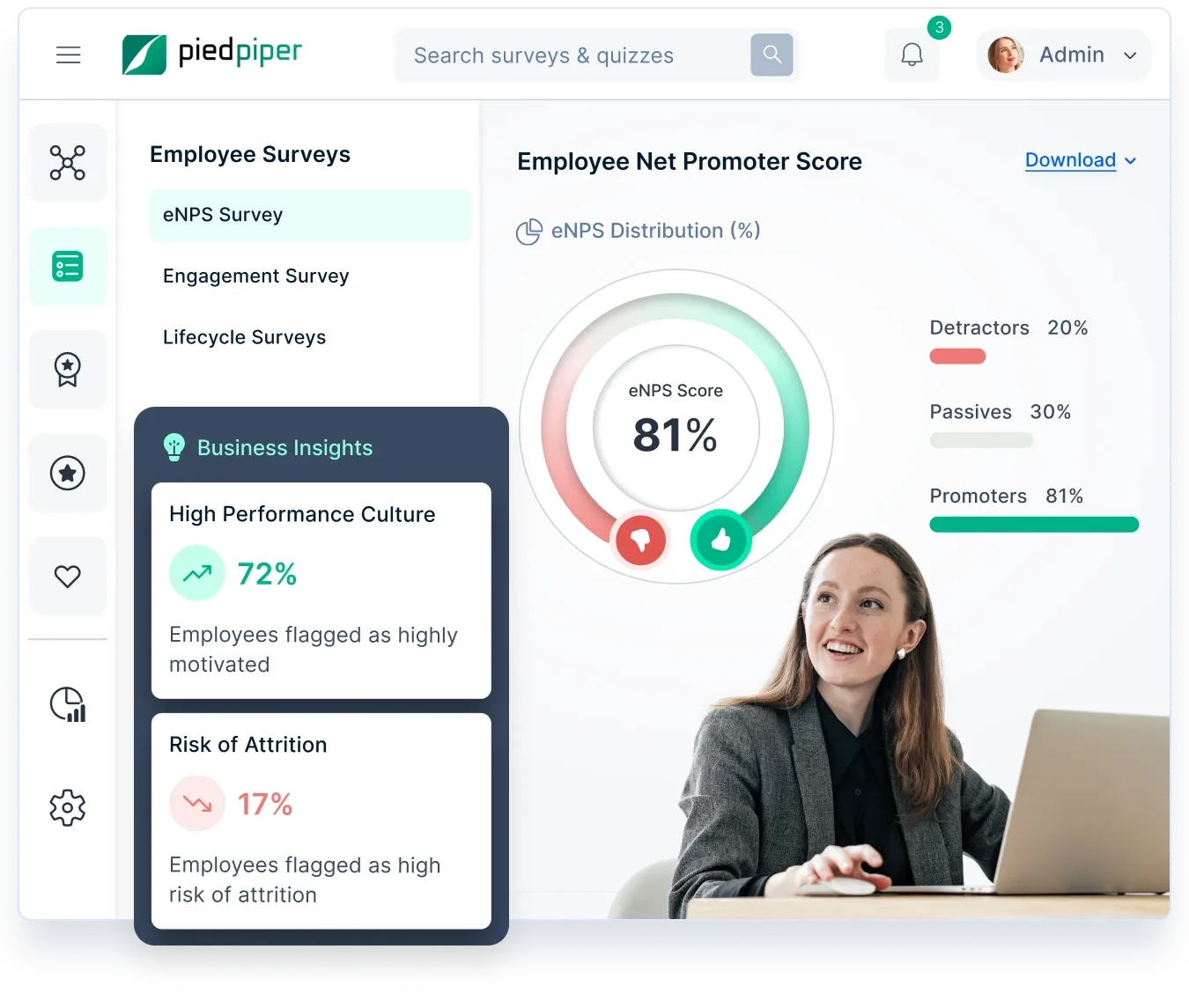
Empuls redefines how HR handles feedback and grievances by:
- Real-time employee listening: Through eNPS, pulse, and lifecycle surveys, HR captures actionable insights at every touchpoint in the employee journey.
- AI-powered nudges: “Em”, the personal recognition assistant, nudges managers to acknowledge achievements, making recognition timely and data-driven.
- People analytics: Delivers deep insights into engagement trends, helping HR proactively pivot strategies.
Much like FedEx’s People-Service-Profit philosophy, Empuls places people first with structured feedback loops and transparent communication.
2. From “constructing ceilings” to “creating second homes”
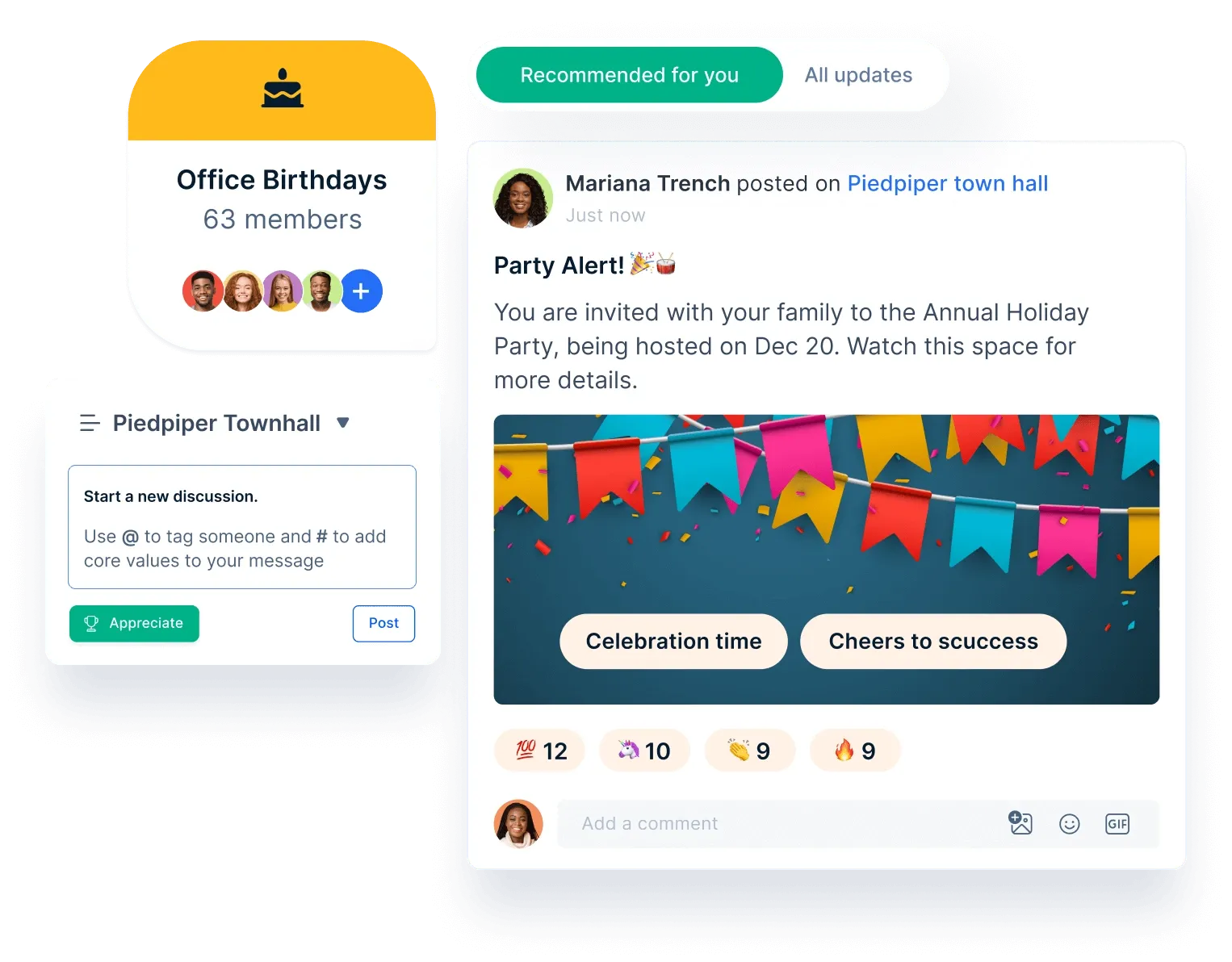
Empuls fosters belonging and inclusion through:
- Social intranet: Empuls’ internal comms platform mimics a digital workplace where news, events, and wins are shared, reducing siloed communications.
- Community groups & wishboards: Employees connect over shared interests and celebrate personal and professional milestones, emulating the community-centric approach pioneered by Cadbury.
Like Cadbury’s Bournville, Empuls creates a workplace where employees feel cared for and connected.
3. From “playing mind games” to “building playgrounds for the mind”
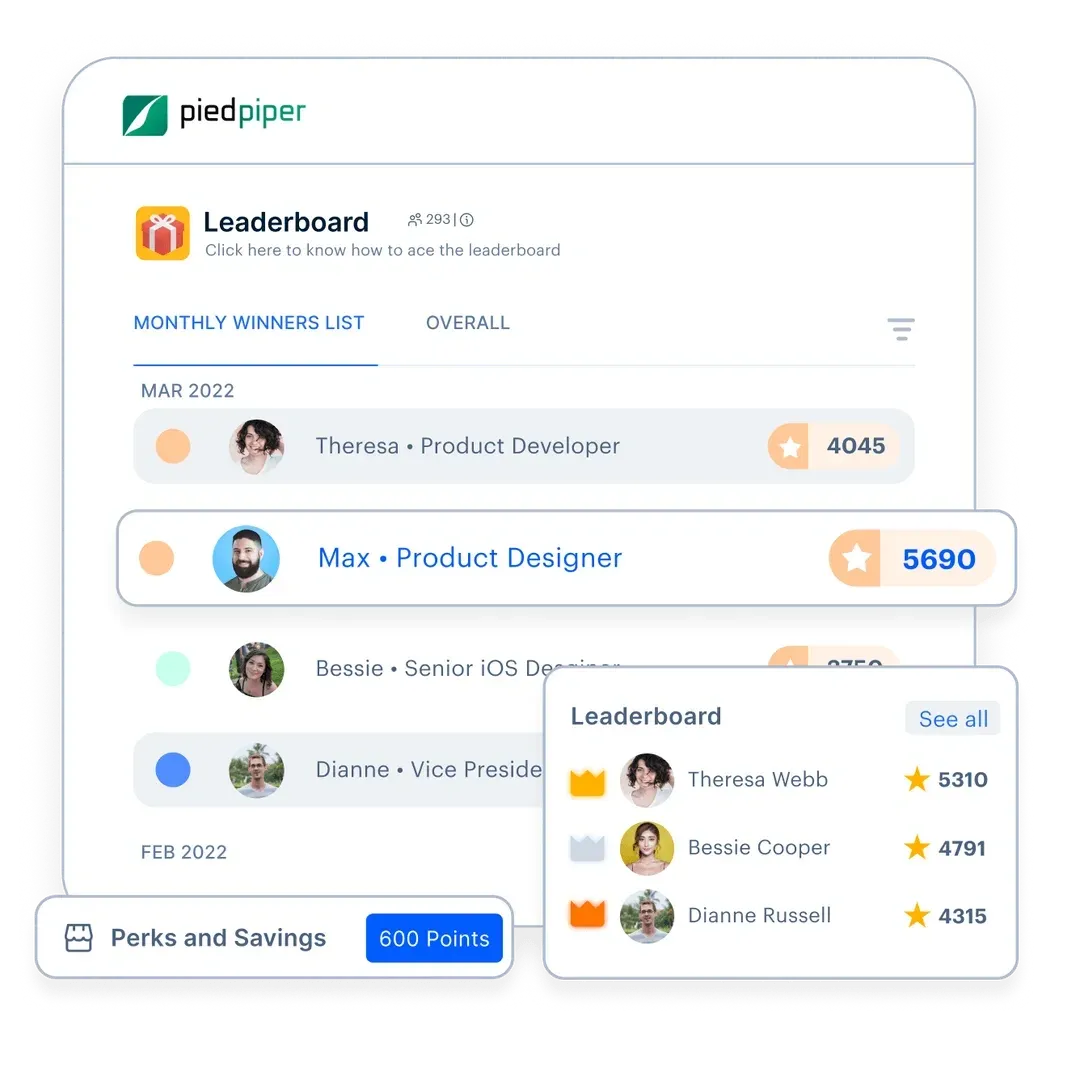
Empuls encourages psychological safety and creativity with:
- Gamified recognition: With badges, leaderboards, and contests, Empuls promotes playful engagement and recognition.
- Diverse content formats: GIFs, quizzes, polls, and videos let employees express and engage in varied, fun ways.
Similar to Quicken Loans and DreamWorks, Empuls fosters a culture of creativity and self-expression.
4. From “reining in” to “helping us reign”

Empuls enables employee autonomy and authenticity through:
- Customizable recognition programs: Empowers teams with peer-to-peer, team, value-based, and jury awards that reflect genuine contributions.
- White-labelling & personalization: HR can brand the platform to mirror company values and culture.
Like Hyatt or SouthWest, Empuls allows people to bring their true selves to work.
5. From “just hiring” to “taking people higher”
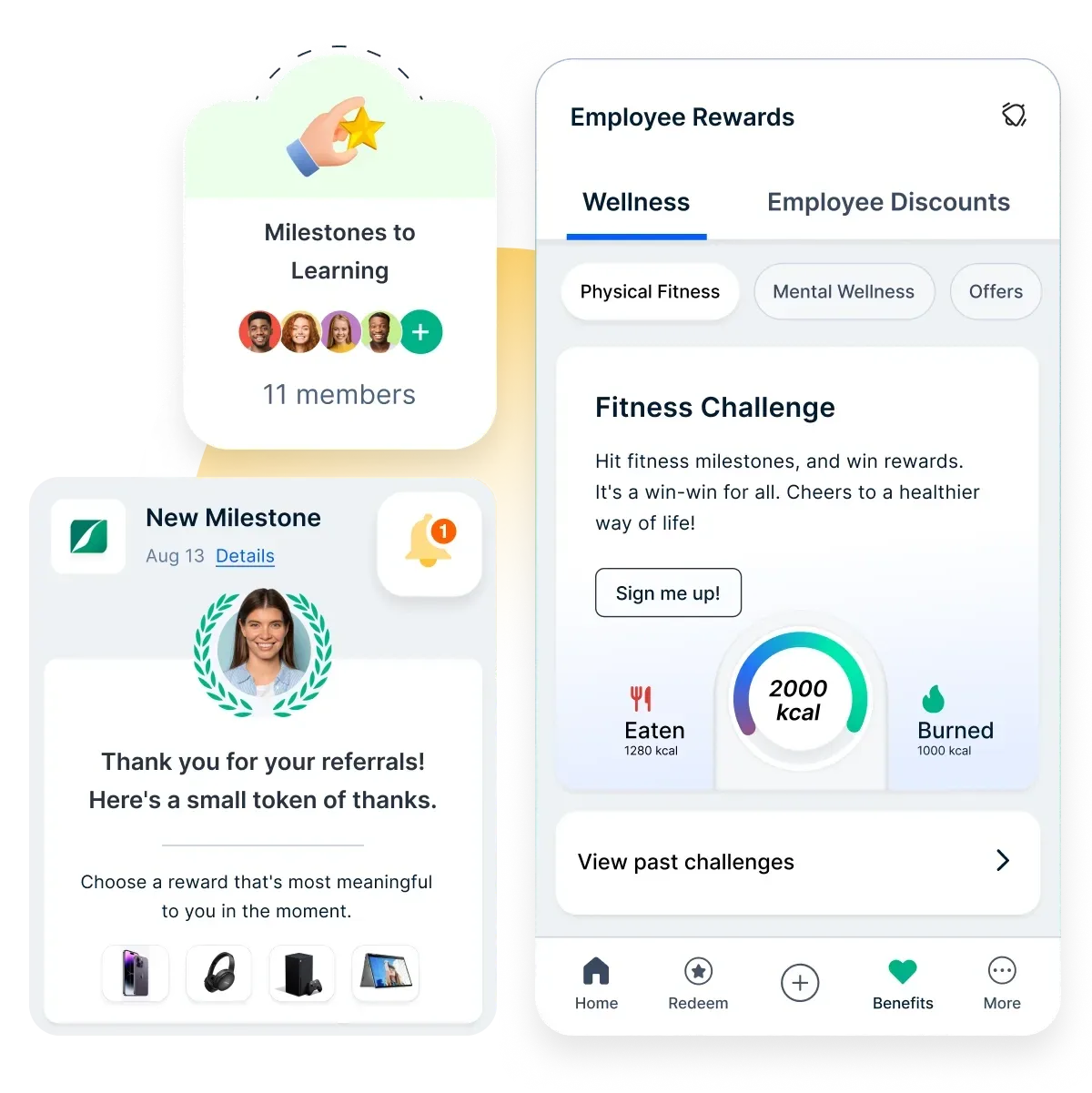
Empuls contributes to meaningful growth and impact via:
- Milestone & learning rewards: Celebrate achievements like learning completions or wellness challenges, building intrinsic motivation.
- Charity & volunteer recognition: Support causes through charity redemptions and team events that boost purpose alignment.
Like Cisco or Admiral Group, Empuls inspires giving and growing beyond KPIs.
6. From “guardrails” to “guardian angels”
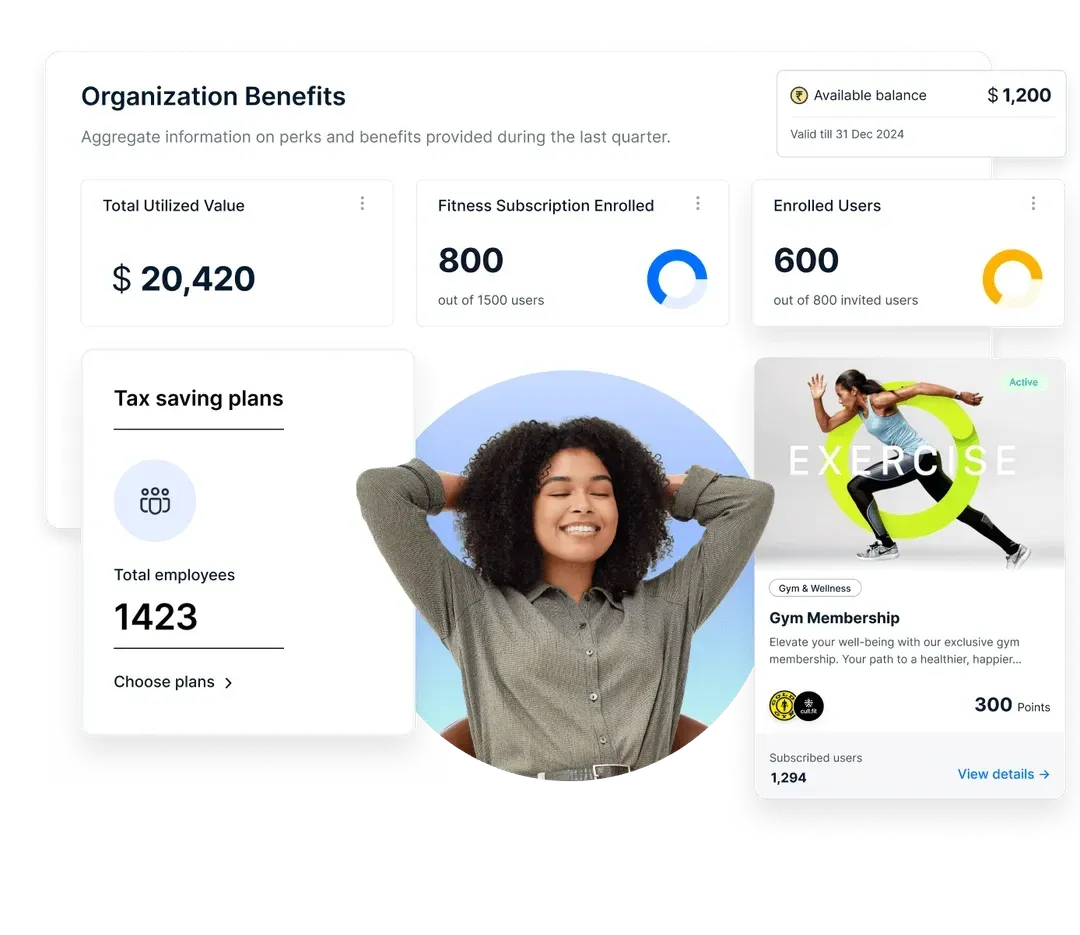
Empuls supports holistic employee well-being:
- Early wage access: Provides salary advances with no employer liability for unplanned expenses.
- Fringe & tax-saving benefits: Covers expenses for meals, fuel, telecom, learning, and even family care.
- Mental health support: Rewards programs for wellness, fitness, and mindfulness activities.
Like Health Catalyst or BAF, Empuls champions compassionate care for every life stage.
The closing statement from the narrative — that “There’s a little bit of HR in all of us” — resonates deeply with Empuls’ holistic architecture. Empuls doesn't just support HR; it decentralizes engagement by enabling every employee to participate in shaping culture, one recognition, survey, or shared celebration at a time.


















